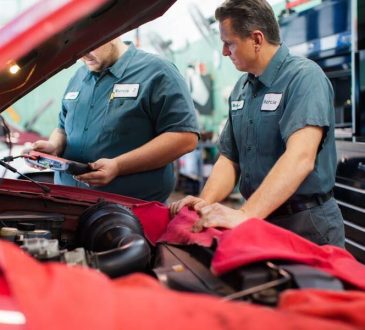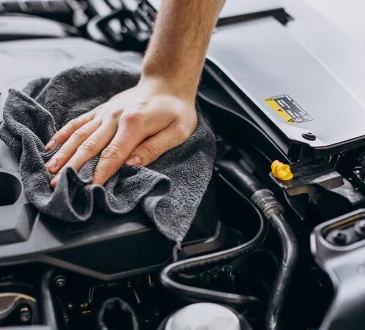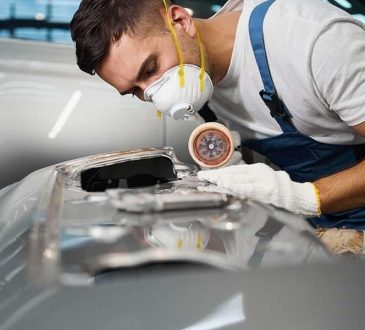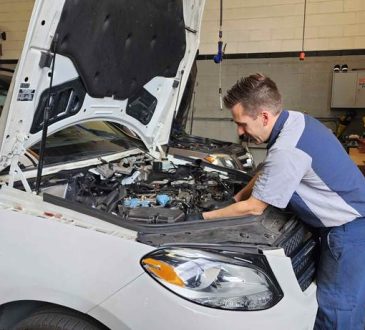
Buying a used car can be overwhelming at times. The way the salespeople are, the advice they give you, and prices being quoted are different from one dealership to another. There are several factors to consider when choosing a used car dealership.
Warranties
Most car dealerships offer a warranty on their products. However, it is advisable to ask about the details of the warranty and how you can avail of one in case your vehicle develops problems in the future. Some dealers may not even provide after-sales services, which indicates that they don’t care about your purchase, because most people buy cars to drive them off-road ( on rough terrain) or at least use it every day.
Service Station
Research if there are reputable service stations where you can bring your vehicle when it experiences issues including, leaking engine oil and strange noise. If there’s none within a reasonable distance from where you live, the dealership may not be so reliable.
Part Exchange or Trade-in
If you would like to trade-in your current vehicle, some dealerships offer fair deals when it comes to trading in old cars for new ones (even if they’re used). That can be advantageous when you need to get rid of your old car but don’t want to lose much money because your car is still in good condition. You can use that saved cash to purchase your new car. Some dealers also allow you to purchase their used vehicles at a lower price than the market value, which is an indication that they really want your business and are not just out there to make money from people who don’t know any better. For instance, when looking for Ford Dealership Athens Alabama-based, a reputable seller will have just as much interest in selling their vehicle at a reasonable price while providing warranties and benefits on the sale, which will help future purchasers.
Check Sellers’ Feedback
There are many online forums where interstate car sellers advertise their cars for sale, looking out for recent feedback about their services or products before spending money on them without first-hand experience. Look out for reviews that mention the authenticity of posting, ease of finding information, reliability, and delivery speed. Also, check whether the website is active by looking at past posts on their forum or through email exchanges via contact forms to find out if they are legitimate sellers or con artists.
Research The Car You Want To Buy
Research about the car you want to buy before actually making a purchase. Check its market value online by using collector’s guides or web databases that provide results based on make, model, and year. Verify this information against data provided by the seller. That will help you know what you are paying for when purchasing it from an individual seller and its worth after your purchase for insurance purposes.
Be Aware Of A Mechanical Inspection
Sometimes sellers omit to mention defects or missing parts until you request them. Make sure you ask your interested party whether there are any problems with the vehicle before making a purchase by having a mechanic inspect its condition. Ensure the seller is aware of this inspection so they will not try to sell you a defective vehicle. If any problems are found, negotiate their worth based on the car’s fair market value or have them fixed by your mechanic before finalizing the purchase.





